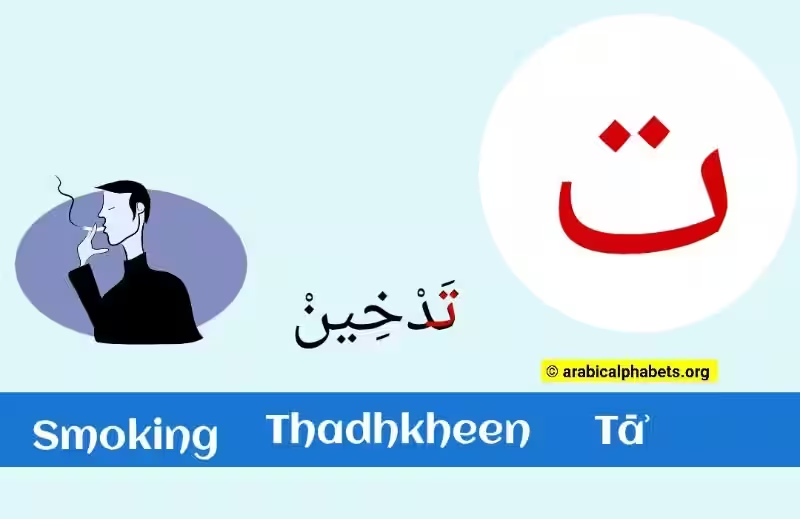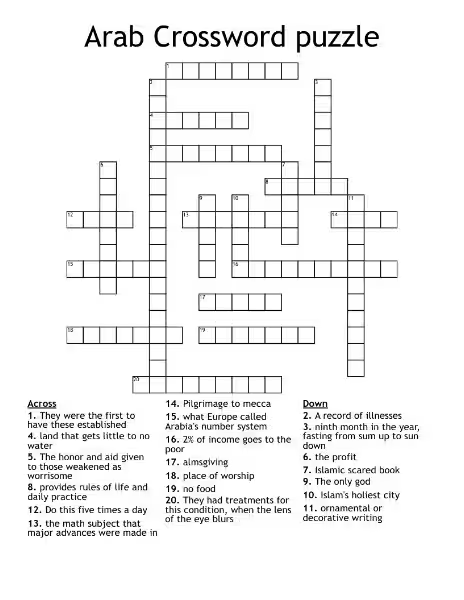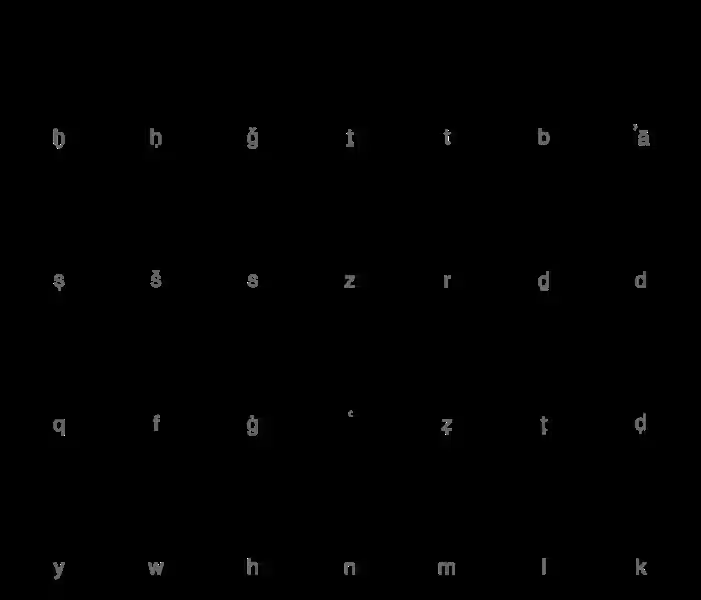
Choosing a name for a child is a significant decision, especially in cultures with deep-rooted traditions. This is particularly true for parents seeking Arabic names that carry historical weight and cultural significance. This article explores the fascinating world of Arabic names that start with “T,” delving into the potential meanings and the various factors to consider when making this important choice.
Understanding the Significance of Arabic Names
Arabic names are often more than just labels; they are imbued with cultural and historical meaning. Many names have origins in the Quran, reflecting the rich spiritual heritage of Islam. They can symbolize qualities like strength, kindness, intelligence, or even specific historical figures. This legacy gives the names a profound significance, often passed down through generations. Families carefully consider these nuances when selecting a name, ensuring that it resonates with their values and aspirations for their child.
The choice of an Arabic name, particularly one starting with “T,” involves a thoughtful exploration of potential meanings and cultural interpretations, a process that can be both exciting and enriching. Considering the cultural and historical context enriches the decision-making process, ultimately helping parents find a name that feels authentic and meaningful.
Exploring the World of “T” Names
This section focuses on the diverse range of Arabic names starting with the letter “T”. While a comprehensive list of all such names is beyond the scope of this article, we’ll explore some examples, highlighting the potential meanings and cultural contexts.
Examples of Arabic Names Starting with T
- Taha: This name has strong ties to the Quran and carries a sense of perseverance and determination. Its meaning can inspire parents seeking a name that embodies strength of character.
- Tariq: Meaning “traveler” or “dawn,” this name suggests a journey of discovery and new beginnings. It resonates with the concept of exploring the world and embracing life’s opportunities.
- Tamim: This name, associated with the companions of the prophet Muhammad, often carries positive connotations of loyalty and trustworthiness. It reflects a commitment to strong character qualities.
These are just a few examples of the many names that start with “T”. The beauty of Arabic names lies in their diversity and the rich tapestry of meanings and stories woven into their origins. Delving further into specific names and their etymologies can reveal unique aspects of the cultural heritage associated with each.
Considering Modern Variations
While many parents seek names rooted in tradition, the contemporary world also allows for modern interpretations of these names. Some parents might choose a name that carries traditional significance but has a more contemporary feel. This balance between honoring tradition and embracing modernity is crucial in making an informed decision. For example, a name like Talal could be perceived as both traditionally rooted and suitable for a modern child. This allows for a more modern interpretation of cultural heritage.
Factors to Consider When Choosing a Name
Choosing an Arabic name, especially one starting with “T,” is a very personal decision, dependent on individual preferences and family traditions. Here are some crucial factors to consider:
- Meaning and symbolism: What qualities or values do you want to embody in your child’s name? Explore the meanings of different names to see if they resonate with your family’s values.
- Pronunciation and ease of use: Consider how the name will sound in different contexts and whether it’s easy for others to say and remember.
- Cultural context: If you’re part of a community with strong cultural traditions, consider how the name will be perceived within that context.
- Modern interpretations: While respecting tradition, don’t be afraid to consider modern interpretations of traditional names. This provides a balance between honoring heritage and embracing the present.
Choosing an Arabic name that starts with “T” is a significant undertaking. This exploration should be a journey of discovery, helping you unearth names that carry meaning and resonate with your values. By considering the various factors outlined in this article, you can embark on a meaningful process of selecting a name that is both beautiful and deeply significant in your child’s life. Remember, this is a personal journey of discovery and should be approached with care and consideration.
Frequently Asked Questions about Arabic Names Starting with “T”
What is the purpose of this list of Arabic names starting with “T”?
This list provides a directory of Muslim boy names beginning with the letter “T.” It aims to offer a comprehensive selection of options for parents looking for names, but does not delve into the meanings, origins, or cultural significance behind each name. The primary function is practical – enabling quick browsing and selection.
Are the meanings or origins of these names included?
No, this list does not provide the meanings, origins, or historical context of the names. It focuses solely on presenting a collection of names for potential use, without further explanation or analysis.
How are the names categorized or organized?
The names are organized alphabetically, starting with “T.” There is no further categorization or ranking based on popularity, tradition, or other criteria.
Is this list intended for Muslim families only?
While the names are drawn from a Muslim naming tradition, the list is not exclusive to Muslim families. Anyone interested in finding names beginning with “T” can use this resource.
Can I find popular or traditional names on this list?
The list does not specify which names are more popular or traditional. It presents a collection of names without any evaluation of their relative frequency or cultural significance.
What is the significance of a name starting with “T”?
The provided texts do not discuss any particular significance associated with names beginning with “T.” The list simply presents the names without analysis of their potential meanings or cultural impact.
Are there any additional resources available for learning more about these names?
No, this FAQ does not offer additional resources. The list itself is the sole source of information provided.
How can I choose a name that is meaningful to me?
The list does not offer guidance on choosing a meaningful name. It is recommended to research the meanings of specific names from the list separately if you are interested in that information.
Does this list contain only names from the Quran?
The provided texts mention a separate list containing 20 popular and modern names, with meanings, but do not suggest that the initial list is specifically drawn from the Quran. If interested in Quranic names, you should consult resources dedicated to that topic.








